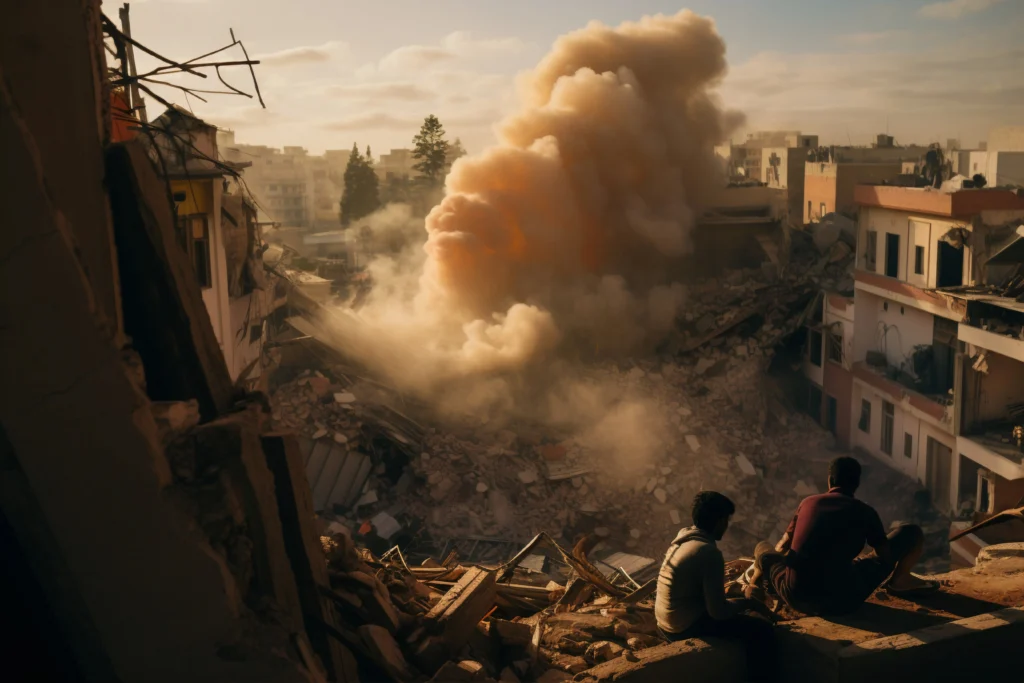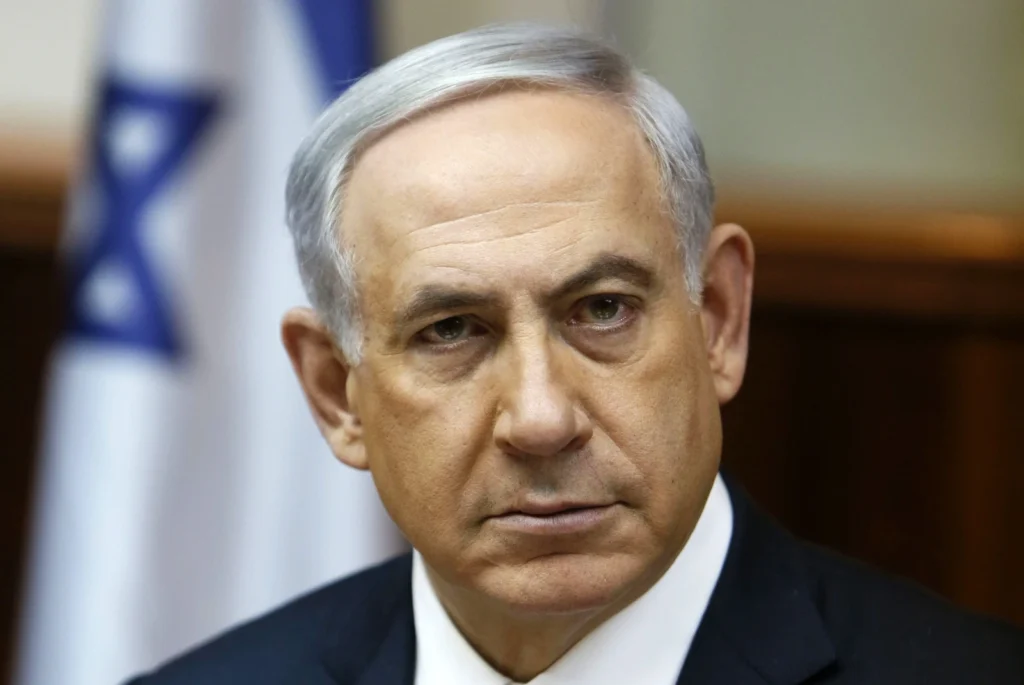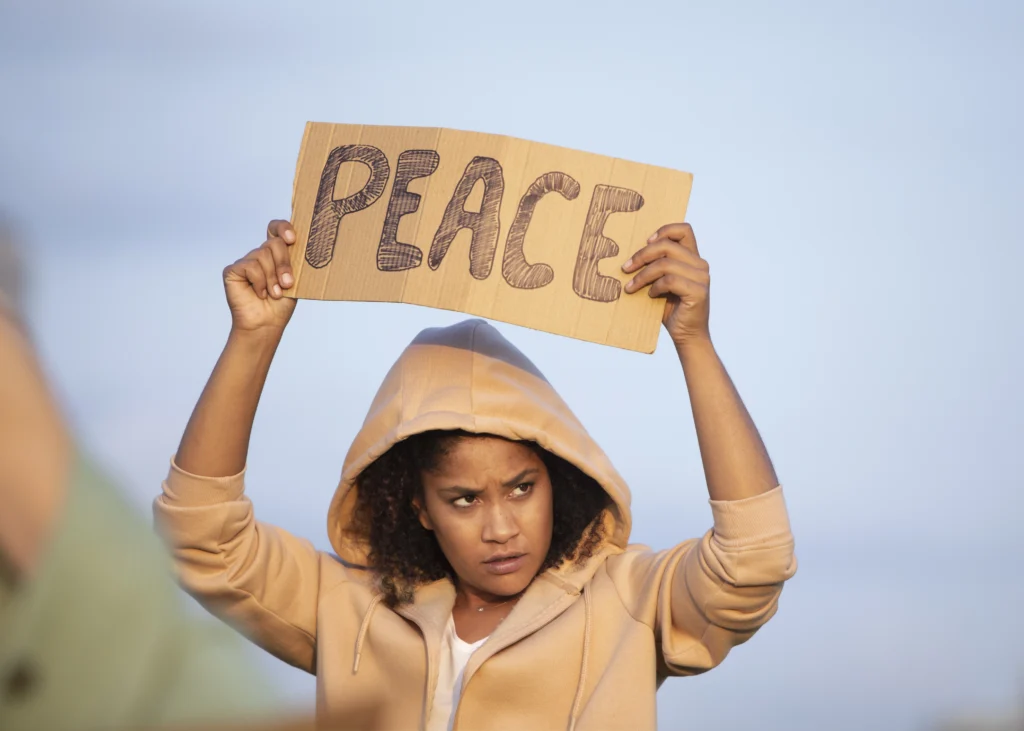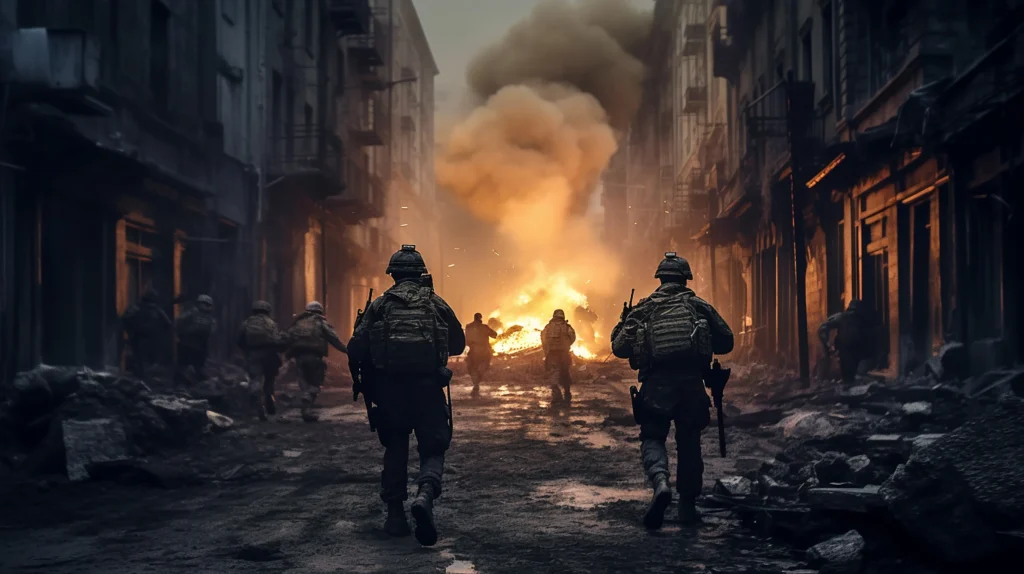The fragile ceasefire between Israel and Hamas has collapsed as Israel launched a series of intense airstrikes on the Gaza Strip, killing more than 400 Palestinians and injuring hundreds more. The attacks, which took place overnight between March 17 and 18, 2025, have sparked international outrage and deepened the humanitarian crisis in the region.

Heavy Airstrikes and Civilian Casualties
The Israeli military launched a series of intense airstrikes on densely populated areas across Gaza, including Gaza City, Khan Younis, and Rafah, causing widespread devastation and civilian casualties. According to local officials and humanitarian organizations, entire residential neighborhoods have been reduced to rubble, with homes, hospitals, and schools suffering extensive damage. Many civilians, including women, children, and the elderly, were trapped under collapsed buildings, unable to escape the relentless bombardment. Emergency response teams have been stretched to their limits, struggling to rescue survivors and recover bodies from the debris. Meanwhile, hospitals—already facing shortages of medical supplies due to the ongoing blockade—are overwhelmed by the influx of severely injured patients, with doctors forced to perform surgeries without anesthesia and treat wounds in overcrowded corridors. As airstrikes continue, families are desperately searching for missing loved ones, while aid groups warn of an escalating humanitarian crisis, with displaced residents left without food, clean water, or safe shelter.

Israeli Justification for the Attacks
sraeli Prime Minister Benjamin Netanyahu stated that the airstrikes were a necessary response to what he described as “continued threats” from Hamas, asserting that the group had been using the ceasefire period to rebuild its military infrastructure and prepare for further attacks. The Israeli Defense Forces (IDF) reported that their latest operation targeted multiple suspected Hamas weapon storage sites, underground tunnels, and command centers, aiming to weaken the group’s capabilities. However, Palestinian authorities and humanitarian organizations contend that the strikes have disproportionately affected civilians, with a significant number of the casualties being women, children, and the elderly. Witnesses on the ground report that densely populated neighborhoods, hospitals, and schools have been among the hardest-hit areas, exacerbating an already dire humanitarian crisis. As rescue teams work tirelessly to retrieve bodies from the rubble, overwhelmed hospitals are struggling to provide adequate medical care to the injured, with critical shortages of essential supplies. The situation has drawn international condemnation, with calls for an immediate de-escalation and renewed efforts to protect civilian lives amidst the ongoing conflict.

International Condemnation and Calls for Peace
The renewed violence has sparked widespread condemnation from the international community, with global leaders and organizations urgently calling for an end to the hostilities. The United Nations, European Union, and several nations, including Turkey, Egypt, and Qatar, have demanded an immediate ceasefire, emphasizing the need to protect civilian lives and prevent further escalation. UN Secretary-General António Guterres expressed deep concern over the mounting civilian casualties, warning that the ongoing military operations are worsening an already catastrophic humanitarian situation. He urged both sides to resume negotiations and prioritize diplomatic efforts to de-escalate the crisis. Meanwhile, humanitarian organizations, including the Red Cross and Doctors Without Borders, have warned that the relentless airstrikes and blockade are crippling Gaza’s already fragile healthcare system, leaving hospitals without adequate supplies to treat the injured. With thousands displaced and critical infrastructure in ruins, aid agencies stress that an urgent intervention is necessary to prevent an even greater humanitarian disaster. Despite these appeals, the violence shows no signs of abating, raising fears of further suffering for the civilian population caught in the crossfire.

Humanitarian Crisis and Displacement
The latest escalation has forced thousands of Palestinians to flee their homes, seeking refuge in overcrowded shelters and makeshift camps that lack adequate resources to accommodate the growing number of displaced families. With residential neighborhoods reduced to rubble and continuous airstrikes making movement dangerous, many have been left with nowhere to turn. Gaza’s healthcare system, already crippled by years of blockade and repeated conflicts, is now on the verge of collapse, as hospitals and clinics struggle to cope with the overwhelming influx of wounded civilians. Medical staff, working around the clock, face severe shortages of essential supplies, including painkillers, antibiotics, and life-saving equipment. Meanwhile, the destruction of roads, water pipelines, and power stations has severely disrupted humanitarian aid deliveries, leaving countless families without access to food, clean water, and basic medical care. Aid organizations warn that without immediate intervention, the worsening conditions could lead to a large-scale humanitarian catastrophe, as disease and malnutrition begin to take hold among the displaced population. Despite international calls for a ceasefire, the continued bombardment and siege have made it nearly impossible for relief efforts to reach those in desperate need.
Conclusion
The collapse of the ceasefire marks yet another chapter in the ongoing conflict between Israel and Palestine, with civilians bearing the heaviest burden. The urgent need for a diplomatic solution has never been greater as violence continues to claim lives and worsen an already catastrophic humanitarian situation. As the international community pushes for de-escalation, the people of Gaza remain trapped in a cycle of war, displacement, and suffering.
Table of Contents
Harvard’s Bold Move Toward Inclusivity: Free Tuition for Families Under $200K – trendsfocus
Live updates: Israeli strikes kill more than 400 Palestinians, shattering Gaza ceasefire | AP News